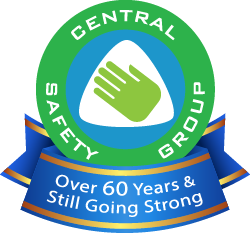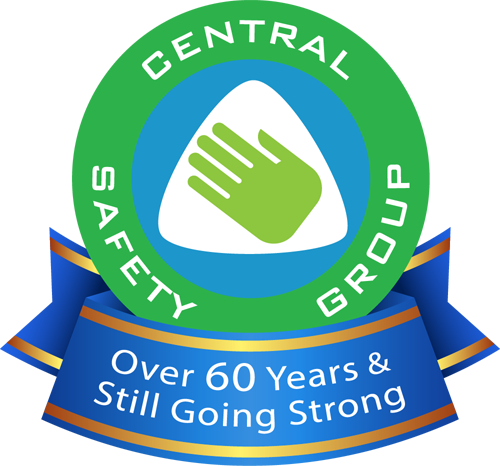Building Leaders that WorkWell
Over the last two weeks of Health and Safety Month 2021, WorkSafe Victoria ran free 45-minute webinars on a variety of topics. The theme for the month was “You learn something new every day”. I attended the session about Building Leaders under the auspice of WorkSafe's WorkWell program. It was an interview style format featuring Siusan MacKenzie, CEO Emergency Services Victoria; Dr Stephen Carbone, CEO Prevention United; and Tom Ruijs, Senior Consultant, AP Psychology and Consulting Services.
Each presenter was interviewed about their organisation, focussing on mental health wellness tools they had developed for training leaders.
Emergency Services Victoria (ESV) has 14 agencies within their network. They identified that Team Leaders, who are next in line to staff working with the public, required leadership development. In a number of instances they had been promoted due to their technical rather than leadership ability. ESV developed a course that was a meld of mental health first aid and management skills. The course included information on understanding the problems their team faced in day-to-day work as well as what it took to be a good leader.
Normally the different agencies work in silos, but it was recognised that leadership is a shared issue. Fifty two people from 11 agencies were involved in the project, including paid and volunteer staff, with plans developed to implement the findings.
ESV is now working on phase 2, taking lessons from the initial work and developing further training with single agencies. This phase will focus on older workers and those approaching retirement, asking “What do they know now that they wished they had known earlier?” An important quality is to listen to people’s stories about the problems they had faced in their job. With respect to retirees, it was found that they needed support after they left the job; talking to ex-colleagues was good for debriefing, offering support and communication.
Prevention United (PU) are working on a project collaborating with universities and residential aged care with the aim of improving the work environment. The project allows staff to rate their workplaces, nominate key psychosocial issues and make suggestions for improvement. Resources were provided to assist.
Unfortunately, residential aged care was badly affected by COVID and the Royal Commission. Face-to-face contact was impossible, making remote and virtual contacts the only options. This, along with time and work pressures, led to low morale. Psychosocial issues identified included culture, fairness and lack of teamwork. The PU team have finished the formal part and are now looking at ways to implement the findings.
It was found that you can’t rely on self-directed learning; there is a need for face-to-face conversation. A digital tool has some advantages, but joint training sessions have the best results. There is also a need to address the perceived stigma of the word “mental” in mental health.
AP Psychology and Consulting Services also worked with five universities to gain an insight into their risk profile and psychosocial issues. Both staff and leaders were involved and the aim was to develop training programs and practical solutions.
It was found that leaders need to interact with each other, as well as their direct reports, and they need to empower the workforce to work together. There needs to be an understanding of what leaders can do and what they can actually control. All were encouraged to look for signs and symptoms of stress in others and to have a conversation with them. Leaders need to know what supports are available and how to provide the right guidance.
AP has developed a tool that 1,000 people are currently working through. They are monitoring the program to identify which modules are the most useful so that they can expand the information and assistance available. They also determined that a multipronged approach is best that includes communicating directly with people.
Information that came out of the Q&A session:
- It is about how we treat people – as we want to be treated.
- Accountability is essential.
- Individuals need to feel safe to be themselves.
- Don’t spend all the money on training executives – the middle management layer needs the most training as they have the most interactions with staff. They make or break an organisation.
- Mental health is as important as physical safety.
- 360o feedback should be made a KPI. What gets measured gets done.
- It should not be seen that middle management has the responsibility to fix every problem. They are there to provide assistance / point people in the right direction / address issues.
- It is difficult to shift the mindset of managers who see psychosocial issues as “just a bit of fluff”.
- Know your people and build confidence and capability.
The webinar is now available on the WorkSafe Victoria Youtube channel: https://www.youtube.com/watch?v=_74K_n1F6Sk



